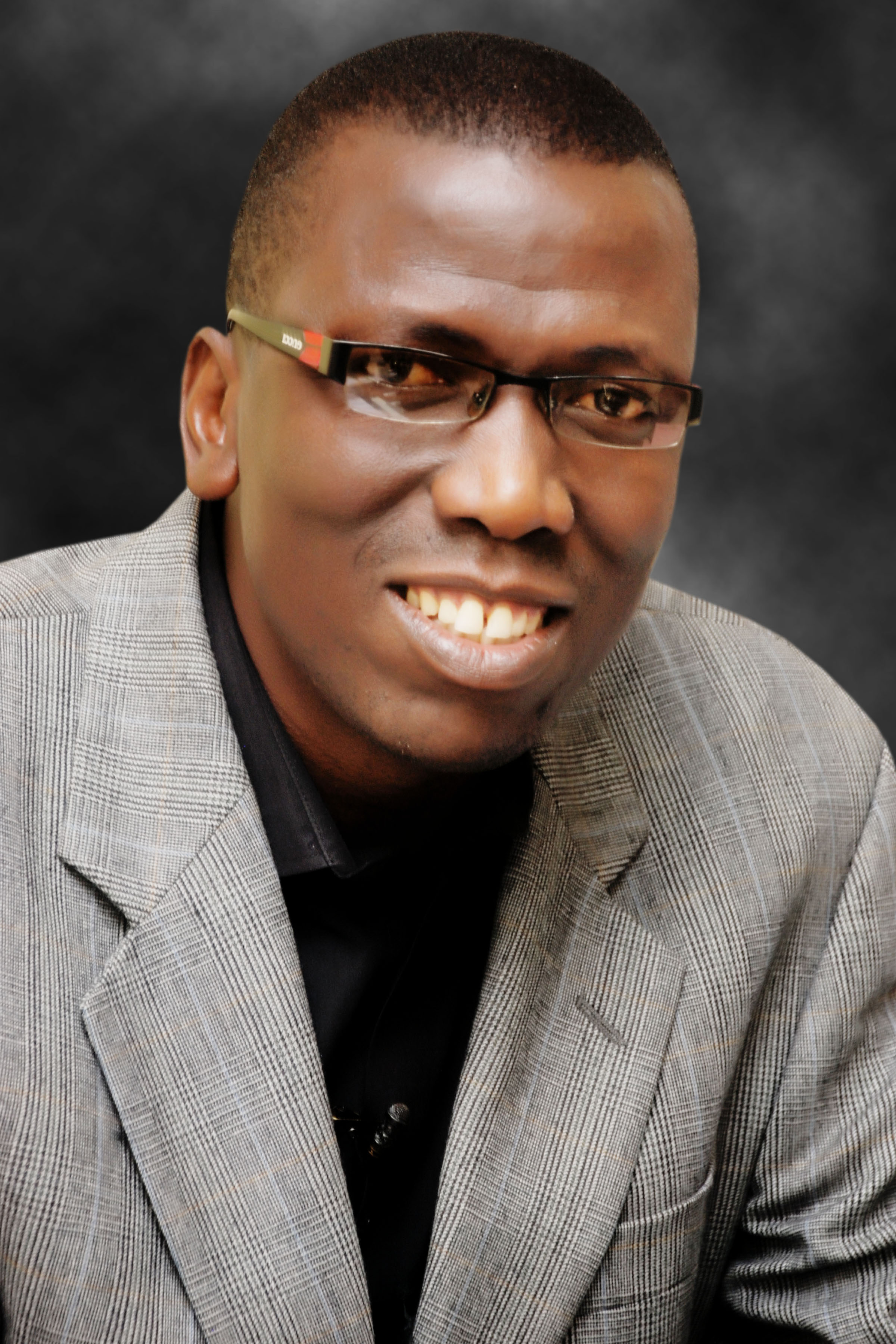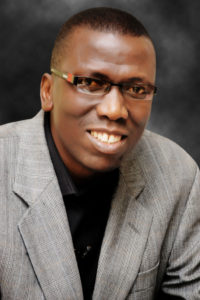Hon Benard Kenebai, a retired Lieutenant Colonel, currently a member Bayelsa State House of Assembly representing Sagbama Constituency 2 is also the House
Committee Chairman on Judiciary and Security Affairs. He is the former SA to Governor Dickson on Security Matters In this interview with our correspondent, Philip Eke, he highlights the reasons behind the delay in the passage of Bayelsa State Child Rights bill which has been passed in to law and spoke on some knotty issues. Excerpt;
The Child Rights Bill was delayed for years before passage in the state, rating Bayelsa the second to the last of the 36 states to pass the bill, what caused the delay?
Well, the delay in the child rights bill being passed in Bayelsa State has to do with some conflicts, as it were, between the executive and the state Assembly. Certain areas should have been taken care of earlier, that was why it was introduced in the Third Assembly and much
work was done on it but for one or two reasons, it was not signed by the governor before re-presented it to the Fifth Assembly. And we thought it was something that has to do with our future and Bayelsa known for something positive, it took a little bit of challenge, quite a number of states that have passed the bill, leaving Bayelsa and Enugu States; and we felt that we need to actually take up that challenge and the responsibility of securing our future and developments. That’s why we expeditiously passed it after going through the various sections of the bill, and the robust response during the public hearing participated by the citizenry and stakeholders leading to the amendment and eventually passage.
So, are you really satisfied with the process before the passage?
Yes, we went through all the requirements. For instance, it was introduced and went through the first and second reading and at the level it was committed to the Judicial and Gender Committees with the participation of the stakeholders considering the welfare of the child. It’s
thorough bill.
Looking at the joint committee’s assignment don’t you think it was necessary for the security committee to play the role?
Primarily, the security committee didn’t have any role, except that during the public hearing the security agents were invited to play a role otherwise the committee had no role because it was primarily a gender thing and the justice/judiciary, that’s why the two alone were involved.
There is a challenge in Bayelsa State in implementation of bills/laws passed, making people undermine the laws, how will the legislators ensure the executive implement the child rights law?
There is always this concern about implementation of laws. Laws are in themselves become nothing if there is no effective implementations. So, the question is in line with that development which is not peculiar to Bayelsa State. All other states also centered on this issue. Now, we have quite a number of issues that didn’t have legislative backing; a lot of offenses against minors, children in the area of rape and other forms of molestation that actually demean them and infringe on their well being and development. That’s why the Chief Judge, Justice Kate Abiri, said during the public hearing that there
was a case she had no foundation to actually give judgment, she has to go around. Now, what we have to do is to create the platform of legislative backing to get the provision to be used in her course of law. So, as a bill, this one is going to be different. We believe strongly in this case that there was a need for public hearing. It’s a
product of a need itself. So, it won’t go the way of other bills. Already there were a lot of implications in this bill. This will be different in the affairs and dealings of the welfare of these children of our future in Bayelsa State.
It’s really worrisome when you see children being molested by parents, guardians, neighbours, and the society in different styles. How well does the Assembly ponder on the follow ups?
It is left for the implementation and the security agencies to do that. We’ve provided the basics, the enabling environment, and the laws that support prosecution of offenders. You see the strategies as to going to apprehend offenders will be developed by security agencies and the active players in implementing the cases that we’ve put in place. So, that is not something that the Assembly should be concerned with. But if there are challenges, then, we can amend and adjust by giving legislative backing when brought to us for actions that can be carried.
Sometimes arrest and prosecutions have been stalled by powers that be (the so-called Big Boys) and let them go free. As somebody coming from the executive arm, how well do you understand the preparedness of the executive in succeeding this law in terms of implementation?
Well, the executive is also prepared as the legislative arm for the child right bill. They introduce it, the concern is from them and we receive the pressure from them. The aspect of parents, guardians, etc, backing out of prosecution process is something I witnesses when I was Special Adviser to governor on Security that actually brought a whole lot of frustration in the process itself, except you have the will you can’t have the drive because of the attitude of parents and guardians.
Now, they do that for obvious good reasons, threats from the perpetrators themselves because of the environment we see ourselves. So, the will power to drive through is very important. Parents are encouraged to volunteer to cooperate and give information to prosecutors, both the police and the ministry to ensure prosecution is taken to the end. We encourage them in several ways so that they can actually participate. But that will be a thing of the past. Because we’ve done so much with that, there’s really no trust in the system, others felt that, look, it won’t go anywhere but we try and make sure people go behind bars. Let them know that we’ve more serious concern
about that, we can continue to leave in a situation where minor are continuously abused. Implementation concerns all. We’ve to ensure that you, the parents government protects these vulnerable children who are the leaders of tomorrow.
What is government doing to control the number of children produced by parents?
It is almost like driving. In driving they will always tell you about reasonable speed. Reasonable speed in case of eventuality, we will be able to manage vehicle successfully to a halt. Now, the government doesn’t have any existing law as to the number of children a couple must have. Though, orientations are on both by church groups,
government, society and several organs. Even at local community levels, people are encouraged to have the number of kids you can successfully train. There’s no use you having 10 children and you cannot train them.
It is a common knowledge that you have two children and provide their rights. i.e the basic education in line with the child rights law; you’re free from law. Otherwise, you stand to be prosecuted.
What were some of the challenges you encountered during this child rights bill presentation and passage
processes?
There were no serious challenges because we had a successful outing. What would’ve caused challenges is logistics in supporting the public hearing. But in this case, UNICEF came in to partner with government to enable us function the earlier bid for stakeholders, who came in to
collect copies of the bill for study and with the publicity a number of participants showed up and contributed their inputs.


